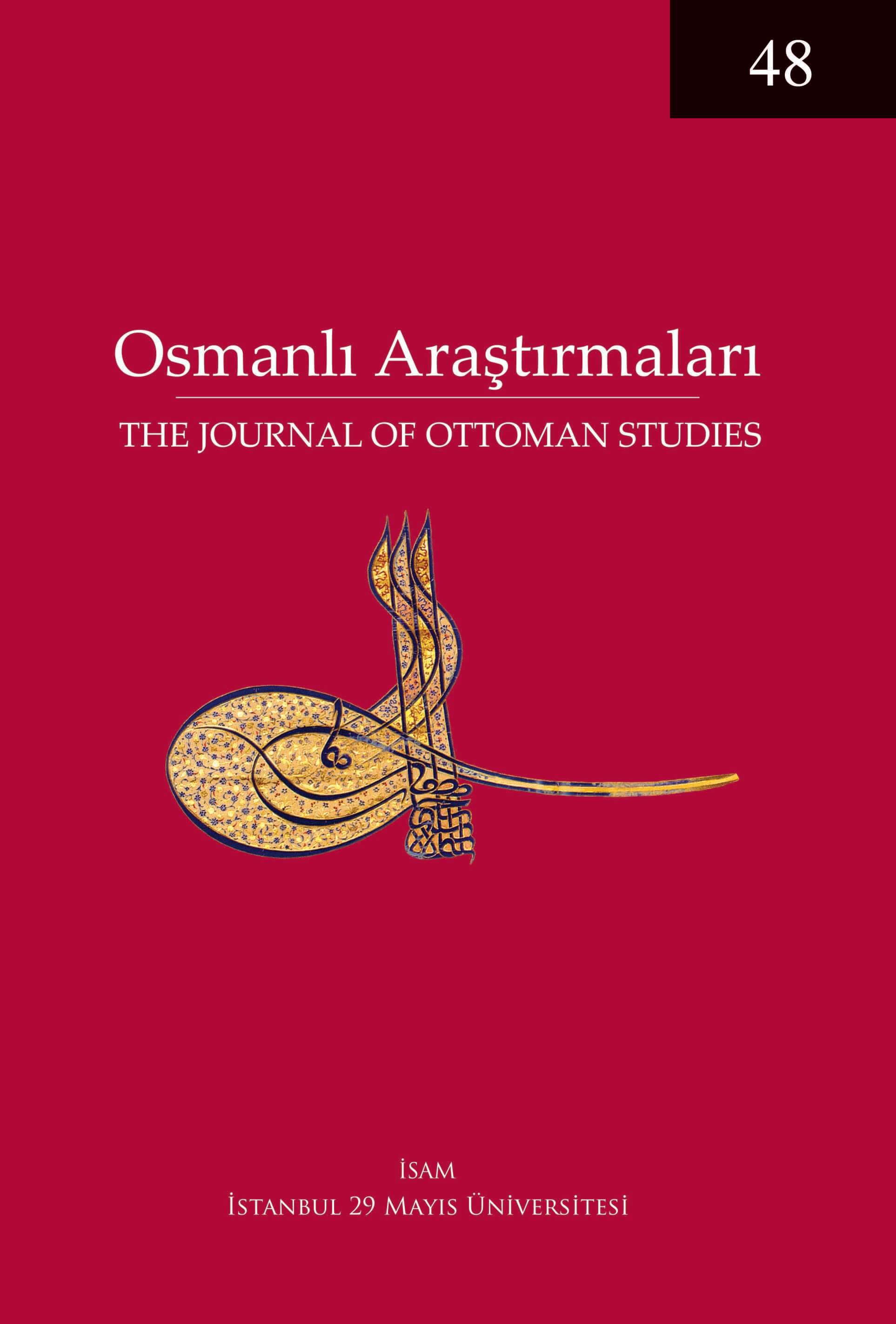Navigating the Qabusnamah’s Journey from Istanbul to Weimar: Ottoman-European Philosophical Exchange in the Age of Enlightenment
Keywords:
Diplomacy, Tasawwuf (Sufism), Knowledge Exchange, Prussian-Ottoman, RelationsAbstract
This article documents the journey of the Qabusnamah, originally written in eleventh-century Persia, from Istanbul to Berlin and, subsequently, Weimar. It follows the movements of Enlightenment thinker and Prussian chargé d’affaires in the Ottoman Empire, Heinrich Friedrich von Diez (1751-1817), who imported the manuscript from Istanbul to Berlin in 1790. He later translated and published it to advocate for a renewal of the absolutist order following the French Revolution and the Napoleonic Wars. His translation inspired the German writer Johann Wolfgang von Goethe (1749-1832), who included several elements of it in his West-östlicher Divan. A study of the movement of this text demonstrates the influence of Ottoman philosophy on German literature as the result of broadened Ottoman-European diplomatic encounter.




